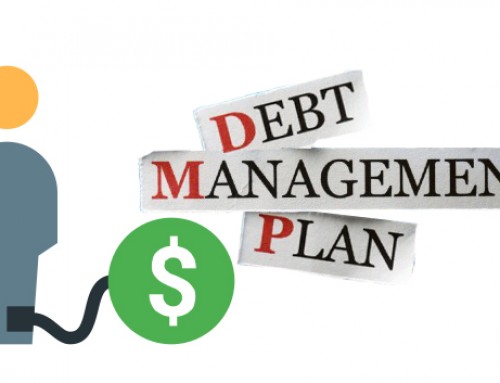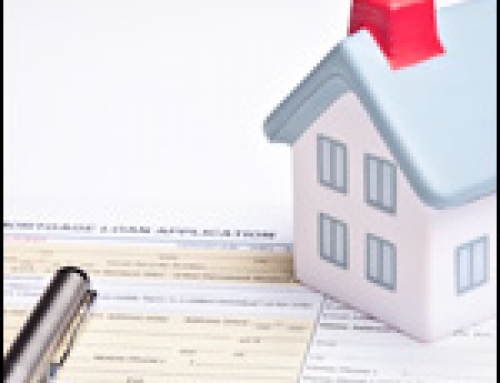Do you know what information is included in your credit report?
Let me walk you through the information that you can expect to find in your credit report – please note that it usually takes anywhere between 30-90 days for the information to be updated if you make a payment, move etc.
Personal information in your credit report
Your credit report may contain your:
name
date of birth
current and previous addresses
current and previous telephone numbers
social insurance number
driver’s licence number
passport number
current and previous employers
current and previous job titles
Financial information in your credit report
Your credit report may contain:
non-sufficient funds payments, or bad cheques
chequing and savings accounts closed “for cause” due to money owing or fraud committed
credit you use including credit cards, retail or store cards, lines of credit and loans
bankruptcy or a court decision against you that relates to credit
debts sent to collection agencies
inquiries from lenders and others who have requested your credit report in the past three years
registered items, such as a car lien, that allows the lender to seize it if you don’t pay
remarks including consumer statements, fraud alerts and identity verification alerts
Your credit report contains factual information about your credit cards and loans, such as:
when you opened your account
how much you owe
if you make your payments on time
if you miss payments
if your debt has been transferred to a collection agency
if you go over your credit limit
personal information that is available in public records, such as a bankruptcy
Your credit report can also include chequing and savings accounts that are closed “for cause”. These include accounts closed due to money owing or fraud committed by the account holder.
Other accounts included in a credit report
Your mobile phone and internet provider may report your accounts to your credit bureau. They can appear in your credit report, even though they aren’t credit accounts.
Your mortgage information and your mortgage payment history may also appear in your credit report. The credit bureaus decides if they use this information when they determine your credit score
A home equity line of credit (HELOC) that is added to your mortgage may be treated as part of your mortgage in your credit report. If your HELOC is a separate account from your mortgage, it is reported separately.
Why your credit history matters
It can affect your finances
Financial institutions look at your credit report and credit score to decide if they will lend you money. They also use them to determine how much interest they will charge you to borrow money.
If you have no credit history or a poor credit history, it could be harder for you to get a credit card, loan or mortgage. It could even affect your ability to rent a house or apartment or get hired for a job.
If you have good credit history, you may be able to get a lower interest rate on loans. This can save you a lot of money over time.
It can show signs of identity theft
You can also use your credit report to check for signs of identity theft. This is something you should do at least once a year for both credit bureaus. Look to make sure someone has not tried to open credit cards or other loans in your name.
Courtesy: https://www.canada.ca/en/financial-consumer-agency/services/credit-reports-score/credit-report-score-basics.html








Leave A Comment